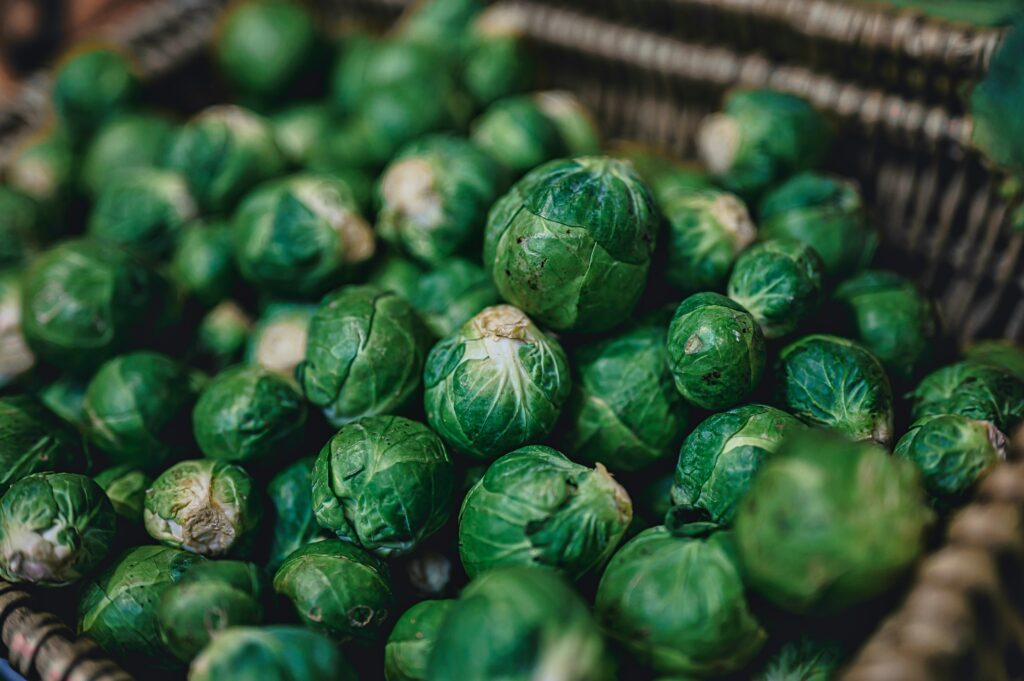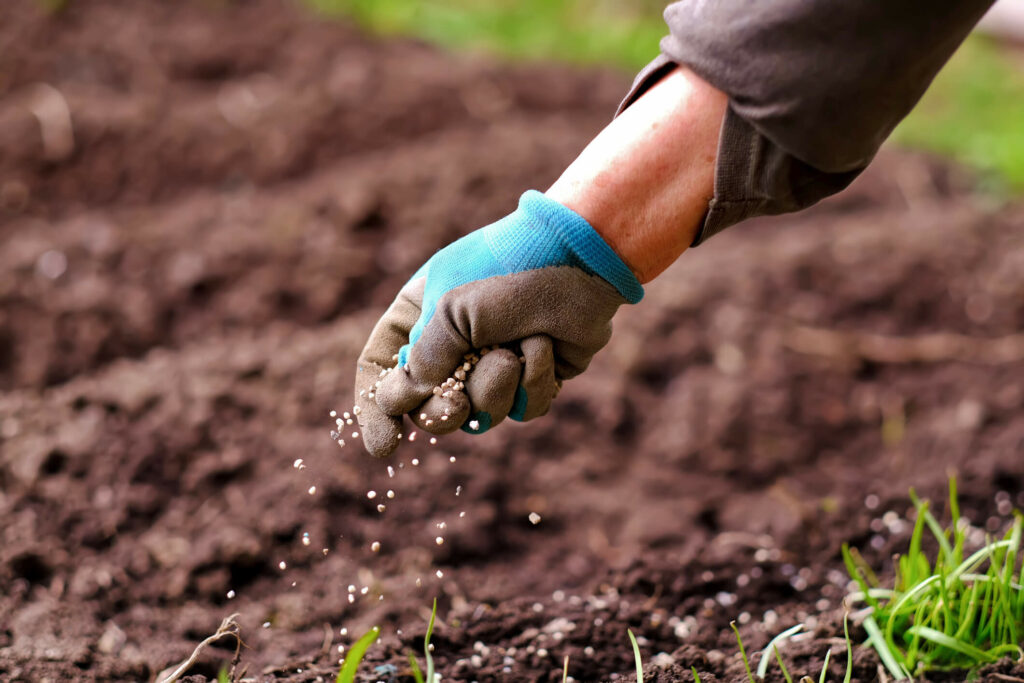Scientists have spent the last several decades running experiments that expose crops to elevated carbon dioxide levels to see how they fare. To the surprise of no one who understands basic biology, they generally grow better with more CO2, in part because they then use water more efficiently. Yes, critics say, but climate change means more heat too. What if you have more CO2 and more heatwaves? Well, a new study, reported on by the CO2Science website, exposed sweet bell peppers to CO2 at more than double the current outdoor level, plus depleted fertilizer rates and scorching heat waves of 43 degrees C. Those un-woke peppers grew better with higher CO2 levels, didn't show any heat stress, and the elevated CO2 made up for the loss of fertilizer. Next question? (Yeah, yeah, we know. “What oil company funded that study?”)
The team at CO2 Science have built up an impressive plant growth data base over the years, summarizing hundreds of peer-reviewed science publications studying the effects of CO2 increases on crops and vegetation. The picture is not one the alarmists care to discuss. Plants benefit from additional CO2, including in many cases becoming more resilient to things like heat stress, drought and nutrient deficiency.
Not every crop, and not every circumstance, of course. The effect is especially less marked with “C4” plants, the main food crop ones being corn, sorghum and sugar-cane, which evolved quite recently to cope with Earth’s current, historically unprecedented and alarmingly low atmospheric CO2 levels. But enough crops in enough circumstances that as CO2 levels rise, if temperatures in a region really do rise and farmers expect them to stay up, they can switch to other crops that do well under the new conditions, or start growing current varieties in places formerly too cool or dry including at higher elevations.
What would genuinely be hard to cope with would be cooling. When we are told that this or that year is the "warmest ever", and that spring is now coming a week or two earlier than it did a hundred years ago, whether it’s true or false we can all be silently thankful that it wasn't instead the "coldest year on record" with winter lasting an extra week or two, arriving sooner and leaving later. As it actually did last year in much of the Canadian prairies, an underreported story with painful consequences.


